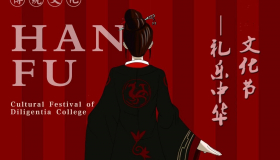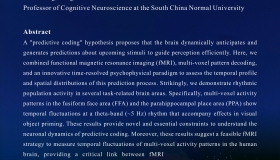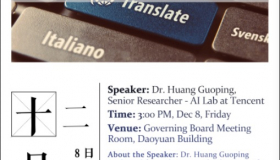Specification and Estimation of Network Formation and Network Interaction Models with the Exponential Probability Distribution
|
Topic: |
|
|
Date: |
24/03/2017 |
|
Time: |
10:30-12:00 |
|
Venue: |
Room 502, Daoyuan Building, CUHK (SZ) |
|
Speaker: |
Chih-sheng Hsieh The Chinese University of Hong Kong |
|
Detail/ Abstract: |
In this paper, we model network formation and network interactions under a unified frame-work. The key feature of our model is to allow individuals to respond to incentives stemming from interaction benefits on certain activities when they choose friends (network links), while capturing homophily in terms of unobserved characteristic variables in network formation and activities. There are two advantages of this modeling approach: first, one can evaluate whether incentives from certain interactions are important factors for friendship formation or not. Second, in addition to homophily effects in terms of unobserved characteristics, inclusion of incentive effects in the network formulation also corrects possible friendship selection bias on activity outcomes under network interactions. A theoretical foundation of this unified model is based on a complete information cooperative game. A tractable Bayesian MCMC approach is proposed for the estimation of the model. We apply the model to empirically study American high school students’ friendship networks with the Add Health data. We consider two activity variables, GPA and smoking frequency, and find a significant incentive effect from GPA, but not from smoking, on friendship formation. These results suggest that the benefit of interactions in academic learning is an important factor for friendship formation, while the interaction benefit in smoking is not, even though homophily in smoking behavior is important for a smoker to link to other smokers. On the other hand, from the perspective of network interactions, both GPA and smoking frequency are subject to significant positive interaction (peer) effects. |




